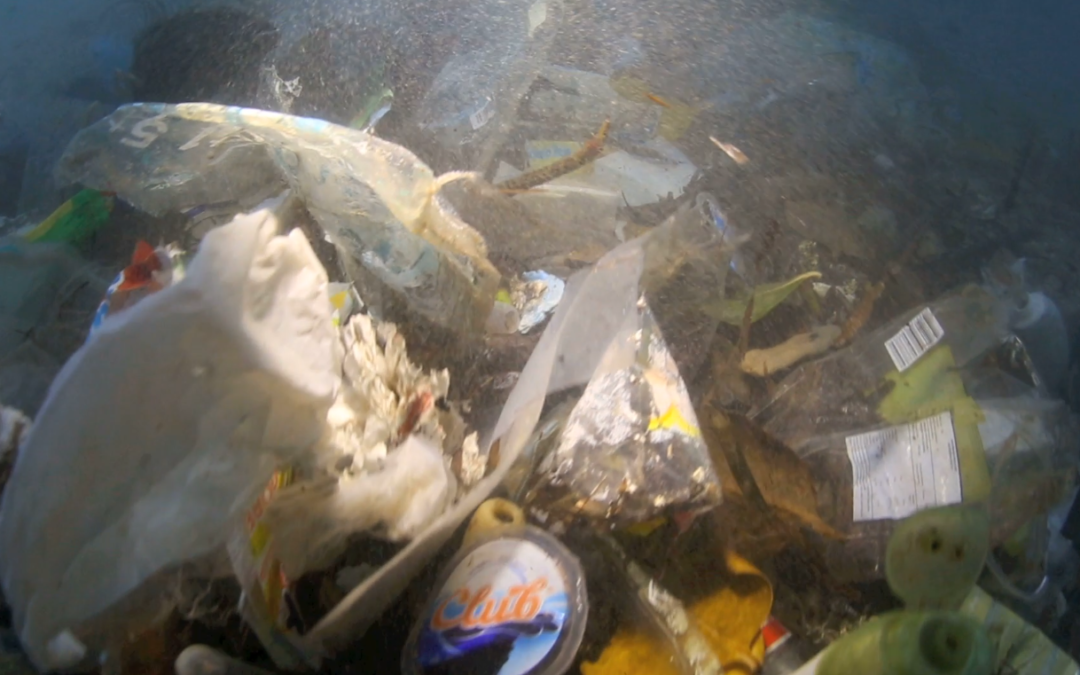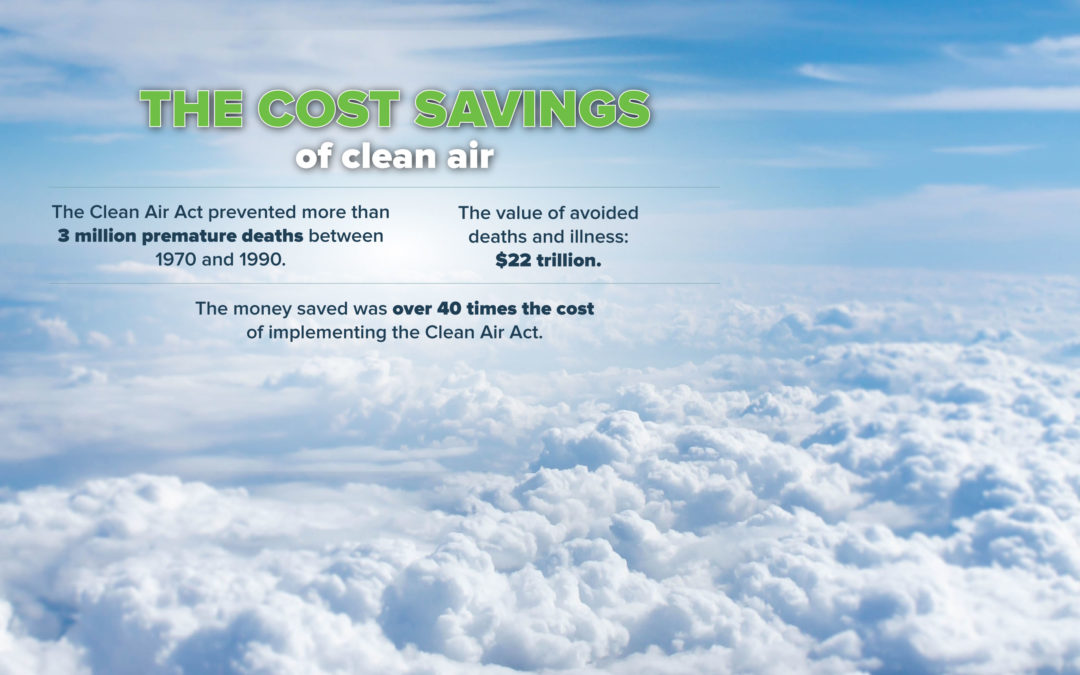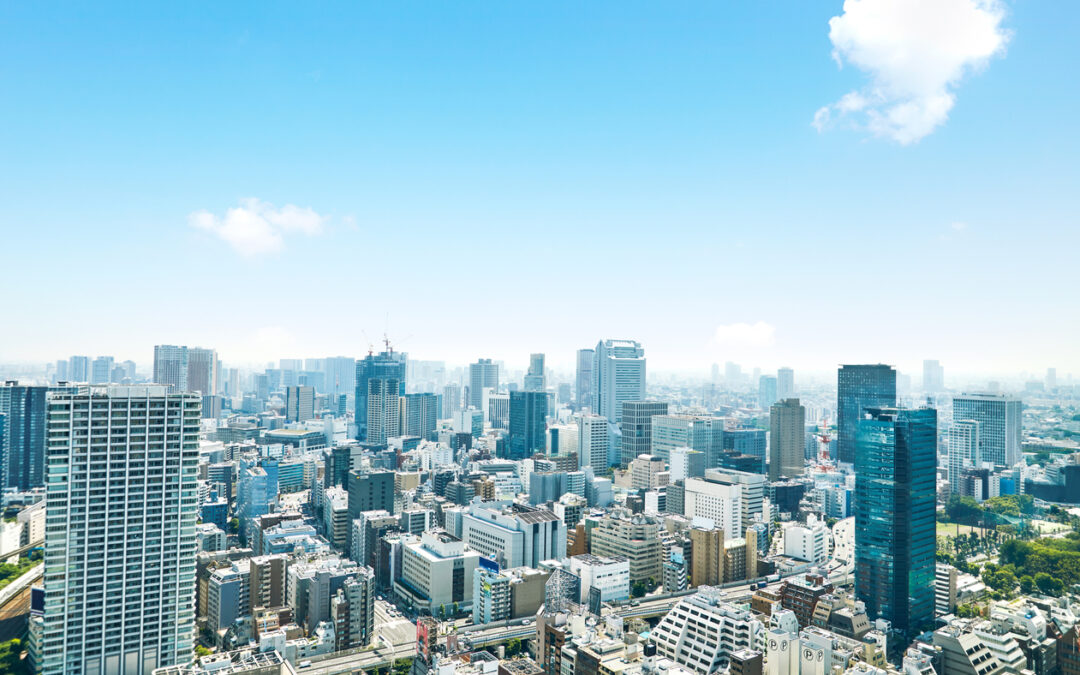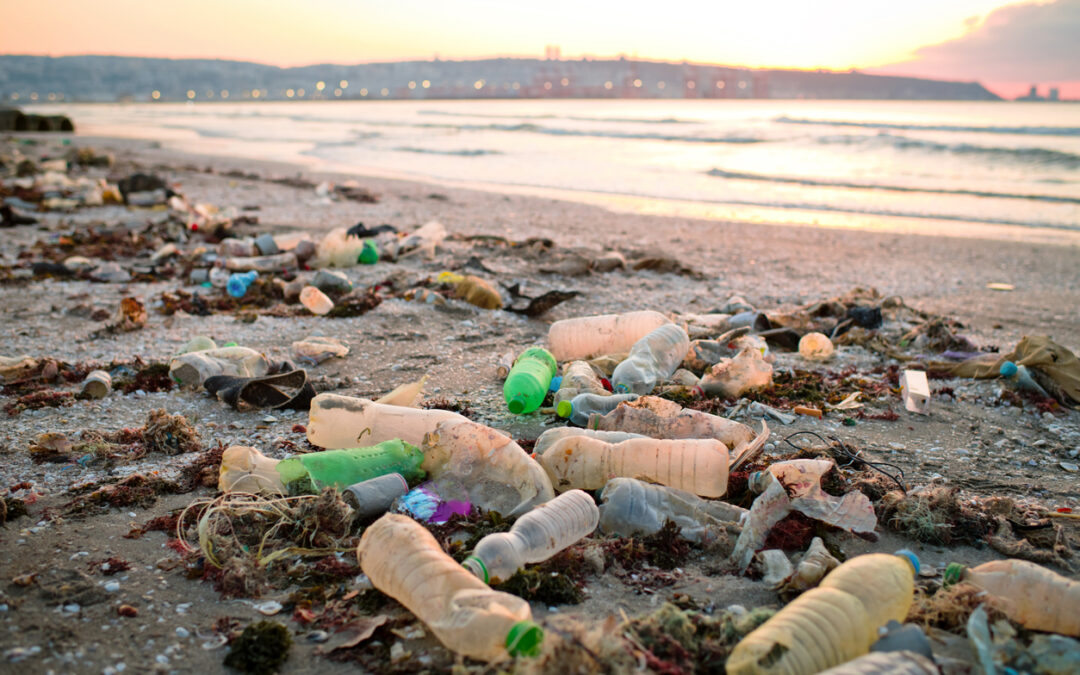
Coronavirus, Climate Change, and the Environment
While there is no direct evidence that climate change is influencing the spread of COVID-19, we do know that climate change alters how we relate to other species on the planet and that does affect our health and increases our risk for infections.

Many climate experts spotlighted 2020 as a critical year to take decisive action to limit the worst impacts of global warming.
The year started with international attention on catastrophic wildfires and floods. As the planet heats up from Climate Change, animals on land and in the water, are heading to the poles to get away from the heat. That means animals are coming into contact with other animals or humans that they normally wouldn’t, and that creates an opportunity for pathogens to get into new hosts.
Many of the root causes of climate change, such as deforestation, also increase the risk of pandemics. Deforestation occurs mostly from clearing land to plant crops and raise livestock for people. With fewer places for animals to live and fewer food sources to feed on, they find food and shelter where people are, and that can lead to disease spread. If there were less demand for animal meat and more sustainable animal husbandry, we could decrease emerging infectious disease risk and lower greenhouse gas emissions. Rethinking our agricultural practices, including those that rely on raising tens of millions of animals in close quarters, can prevent transmissions between animals and spillover into human populations. The recent Ebola epidemic in West Africa probably occurred in part because bats, which carried the disease, had been forced to move into new habitats because the forests they used to live in had been cut down to grow palm oil trees.
Given the information we have, people who are exposed to more air pollution and who smoke are faring worse if infected with COVID-19 than those who are breathing cleaner air, and who don’t smoke. The majority of the pre-existing conditions that increase the risk of death for COVID-19 are the same diseases that are affected by long-term exposure to air pollution.
Air pollution is strongly associated with people’s risk of getting pneumonia and other respiratory infections and with getting sicker when they do get pneumonia. Reducing air pollution caused by burning fossil fuels like coal, oil and natural gas helps keep our lungs healthy, which can protect us from respiratory infections like coronavirus.
Climate change has already made conditions more favorable to the spread of some infectious diseases, including Lyme disease and mosquito-borne diseases such as malaria. Temperature and rainfall patterns may affect when and where pathogens appear, so as those conditions change, so does the exposure to pathogens. To combat climate change, we need to drastically decrease greenhouse gas emissions. Generating electricity from low-carbon energy sources like wind and solar decreases harmful air pollutants such as nitrogen oxides, sulfur dioxide, and carbon dioxide that lead to more heart attacks and stroke.
When COVID-19 eases, and we are ready to restart our economy, we can make our workforce healthier and more climate-resilient through scaling-up our investments in low-carbon technologies. We have many health reasons to take climate action but reducing our risk for emerging infectious diseases is the one that people better understand now. To help limit the risk of infectious diseases, we should do all we can to vastly reduce greenhouse gas emissions and limit global warming to 1.5 degrees.
Largely we still view the environment, and life on earth, as separate. We have to do better if we want to prevent the next infectious pandemic. That means we must combat climate change and do much more to safeguard the diversity of life on earth, which is being lost at a rate not seen since the dinosaurs (and over half of life on earth) went extinct 65 million years ago.

Do you know how much plastic waste is dumped into the ocean?
Do you know how much plastic waste is dumped into the ocean? Click to watch the video. OnPoint Facts What can you do to help reduce our global plastic waste? Other Environment Articles

The Clean Air Act: The Economic Growth that Comes With Cleaner Air
Many in our government believe regulations should be rolled back. We invite you to consider the actual cost savings to the Clean Air Act.

Just Breathe… Through Your Mask. A Preview of Environmental Improvements.
Have you seen the skies over major cities lately? Traffic-free roads, plane-free skies and widespread brick-and-mortar closings have made the entire planet a beneficiary of the coronavirus pandemic in the short term.

Reduce your participation in the tsunami of plastic rising into the global ocean!
In the by-line for its June 2018 article “Planet or Plastic,” the National Geographic gives a chilling account of the 18 billion pounds of plastic ending up in the global ocean annually, and its devastating effect on marine life. That’s 9 million tons, much of it transported to the ocean by the great river.

